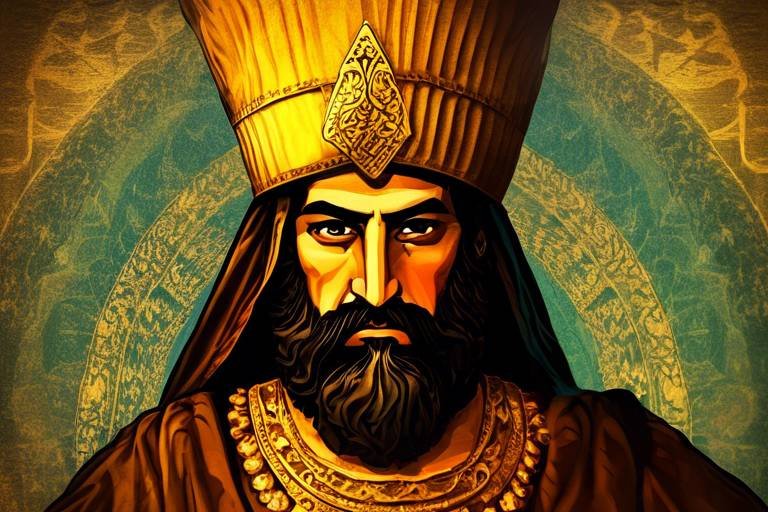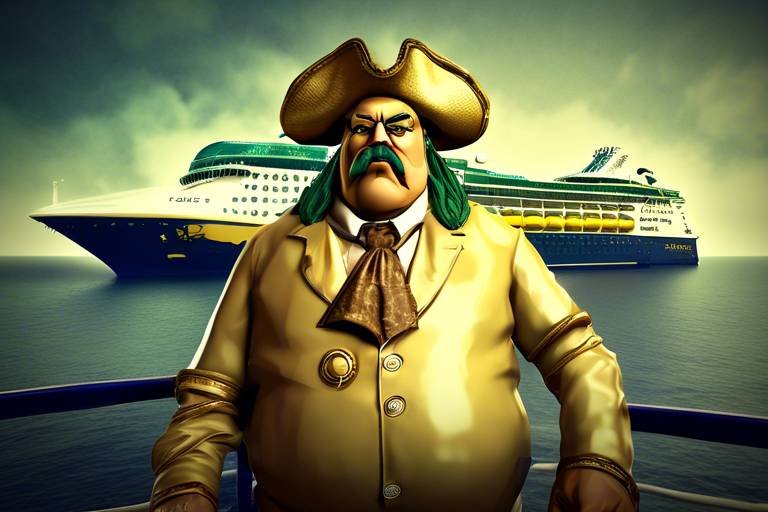Bismarck: The Iron Chancellor
Known as the Iron Chancellor, Otto von Bismarck was a pivotal figure in German history during the late 19th century. His strategic acumen and political prowess earned him a reputation as one of the most influential statesmen of his time. Bismarck's legacy continues to shape the modern European landscape, making him a towering figure in the annals of history.
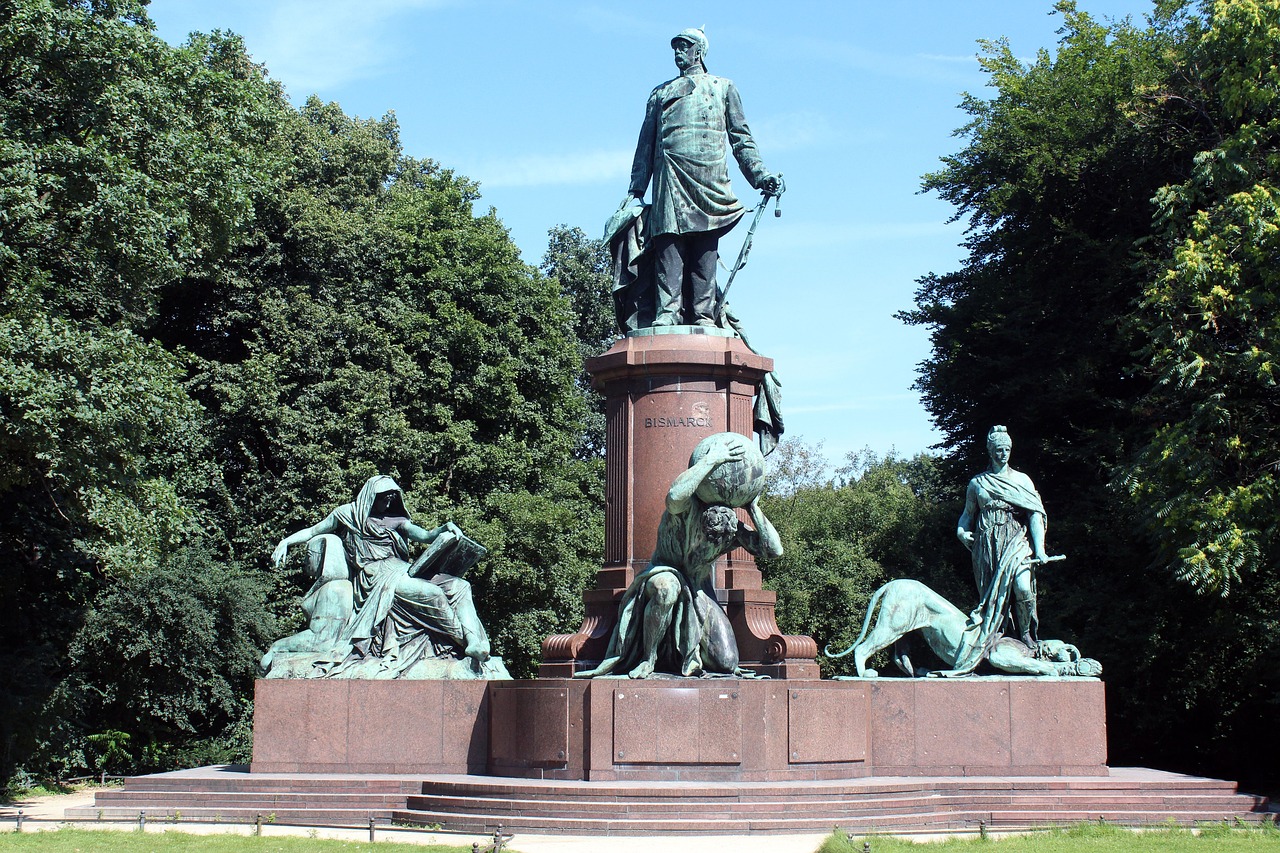
Early Life and Education
Exploring the life and legacy of Otto von Bismarck, the influential statesman known as the Iron Chancellor of Germany during the late 19th century.
During his early years, Otto von Bismarck was born into a noble family in Prussia in 1815. His upbringing in a conservative and aristocratic environment greatly influenced his political views and leadership style. Bismarck received a traditional education, studying law and administration at the University of Göttingen and later at the University of Berlin. These formative years laid the foundation for his future role as a key figure in German politics.

Unification of Germany
When it comes to the unification of Germany, Otto von Bismarck's name shines brightly as the mastermind behind this monumental achievement. Through a combination of strategic diplomacy and military prowess, Bismarck orchestrated the merging of numerous German states into a unified nation, fundamentally altering the political landscape of Europe.
At the core of Bismarck's unification efforts was his adept use of realpolitik, a pragmatic philosophy that prioritized practical considerations over lofty ideals. By skillfully navigating the intricate web of European power dynamics, Bismarck deftly maneuvered to bring about the consolidation of Germany under the leadership of Prussia.
One of the pivotal moments in the unification process was the series of wars that Prussia, under Bismarck's guidance, waged against Denmark, Austria, and France. These conflicts, often referred to as the Wars of German Unification, culminated in decisive Prussian victories that weakened rival powers and paved the way for a unified German state.
Bismarck's astute diplomacy was also instrumental in securing the support of key allies, most notably the Kingdom of Italy and the Russian Empire. Through carefully crafted alliances and strategic partnerships, Bismarck ensured that Germany emerged as a formidable force on the European stage, challenging the established order and reshaping the continent's political landscape.
The successful unification of Germany under Bismarck's leadership marked a turning point in European history, heralding the rise of a new powerhouse that would exert significant influence on global affairs. Bismarck's legacy as the architect of German unity endures to this day, underscoring the enduring impact of his visionary statesmanship.

Realpolitik Philosophy
Realpolitik, a term coined by Otto von Bismarck himself, encapsulates his pragmatic approach to governance and foreign policy. It reflects his belief in prioritizing practical considerations over ideological or moral concerns in decision-making. Bismarck's Realpolitik philosophy was grounded in the belief that the ends justify the means, leading him to pursue policies that served the interests of the state above all else.
Central to Bismarck's Realpolitik was the concept of power as the ultimate currency in international relations. He understood the importance of leveraging power dynamics to achieve strategic objectives, often employing a combination of diplomacy and military force to advance Germany's interests on the world stage. Bismarck's realist approach to foreign policy aimed at securing Germany's position as a dominant player in European politics.
Moreover, Bismarck's Realpolitik philosophy emphasized the importance of maintaining a balance of power to prevent any single nation from becoming too dominant. By forging strategic alliances with other major European powers, such as Austria-Hungary and Russia, Bismarck sought to create a stable geopolitical environment that would safeguard Germany's security and territorial integrity.
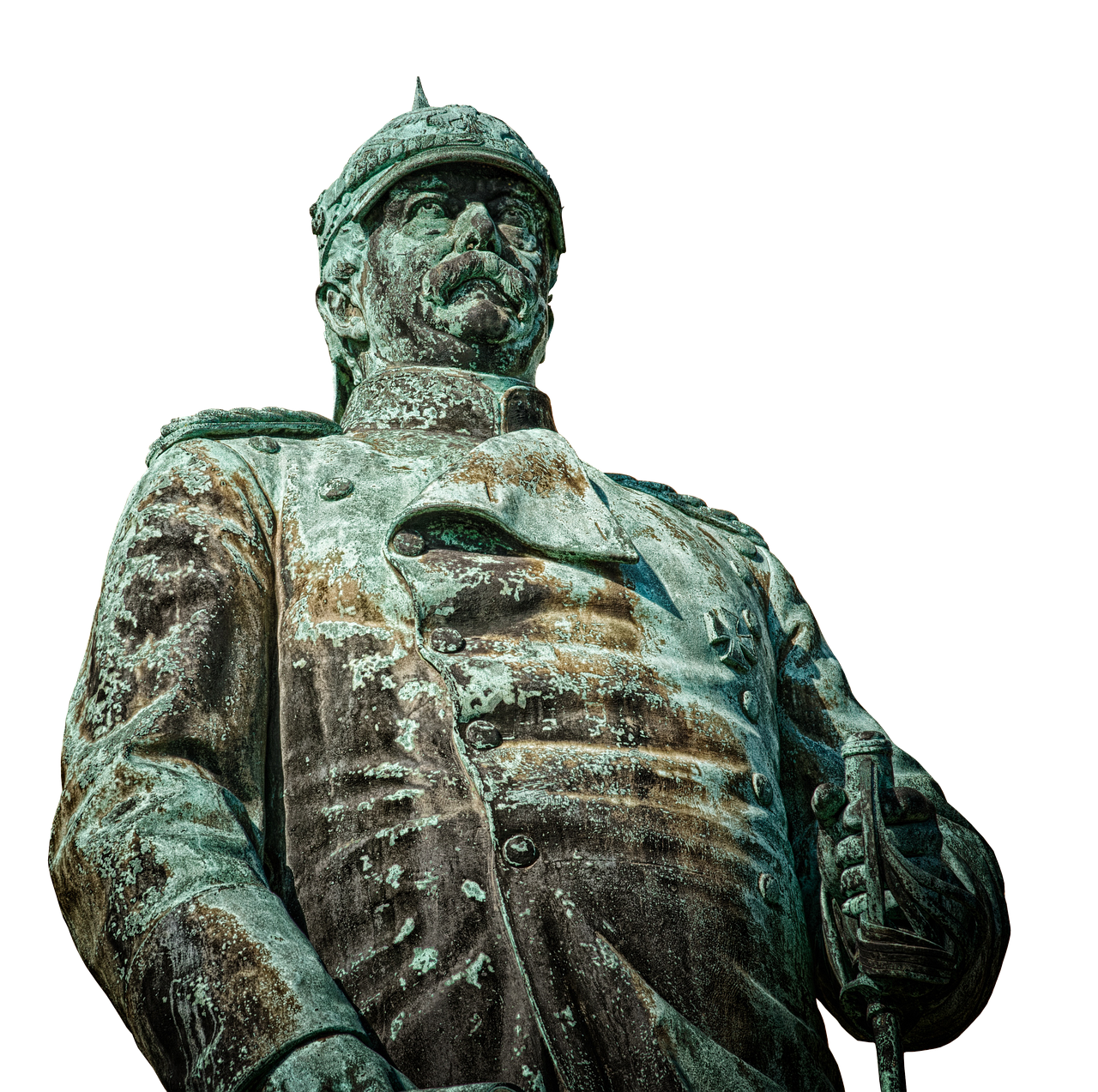
Blood and Iron Speech
Exploring the life and legacy of Otto von Bismarck, the influential statesman known as the Iron Chancellor of Germany during the late 19th century.
Insights into Bismarck's upbringing, education, and formative years that shaped his political ideologies and leadership style.
Discussing Bismarck's role in orchestrating the unification of Germany through diplomatic maneuvers and military victories.
Explaining Bismarck's pragmatic approach to governance and foreign policy, emphasizing practicality over ideology.
The "Blood and Iron Speech" delivered by Bismarck in 1862 symbolized his unwavering commitment to achieving German unification through militaristic means. In this powerful address, Bismarck emphasized the importance of utilizing military strength and decisive action to forge a unified German state. The speech served as a rallying cry for those who supported Bismarck's vision of a strong and united Germany, built on the principles of bloodshed and industrial prowess.
Examining Bismarck's domestic reforms, including social welfare programs and anti-socialist legislation aimed at maintaining stability.
Investigating Bismarck's campaign against the influence of the Catholic Church in German politics and society.
Exploring Bismarck's diplomatic strategies, alliances with other European powers, and efforts to maintain the balance of power.
Reflecting on the events leading to Bismarck's resignation, his enduring impact on German history, and his legacy in shaping modern Europe.
Stay tuned for the frequently asked questions section at the end of this article for more insights into Otto von Bismarck and his contributions to German history.

Domestic Policies
Exploring the life and legacy of Otto von Bismarck, the influential statesman known as the Iron Chancellor of Germany during the late 19th century.
During his tenure, Bismarck implemented a series of domestic policies aimed at maintaining stability and consolidating power within the newly unified German state. One of his notable reforms was the establishment of social welfare programs, which sought to address the growing social unrest and economic disparities prevalent in German society. By introducing policies such as healthcare and accident insurance, Bismarck aimed to appease the working class and prevent the rise of radical movements.
Additionally, Bismarck enacted anti-socialist legislation in an effort to curb the influence of socialist parties and prevent the spread of revolutionary ideas. The Anti-Socialist Laws targeted socialist publications, organizations, and individuals, restricting their activities and limiting their political impact. Bismarck viewed socialism as a threat to the stability of the German Empire and sought to suppress its growth through legislative measures.
Furthermore, Bismarck launched the Kulturkampf, a campaign against the Catholic Church's political influence in Germany. The Kulturkampf aimed to reduce the power of the Catholic Church in shaping public policy and education, advocating for state control over religious matters. Bismarck viewed the Catholic Church as a potential rival to the authority of the state and sought to assert the dominance of the German government in all matters of governance.

Kulturkampf
The , meaning "culture struggle," was a significant campaign led by Otto von Bismarck against the influence of the Catholic Church in German politics and society during the late 19th century. This aggressive policy aimed to reduce the power of the Catholic Church and assert the dominance of the state in matters of education and civil affairs.
Bismarck viewed the Catholic Church as a potential threat to his vision of a unified German state, believing that the loyalty of Catholics to the Pope could undermine the loyalty to the German government. As a result, he implemented a series of laws aimed at restricting the Church's influence and control over various aspects of public life.
One of the key measures of the Kulturkampf was the May Laws, which sought to regulate the education and appointment of clergy, as well as limit the power of the Church in governing its own affairs. These laws sparked widespread resistance and led to increased tensions between the state and the Catholic Church.
Despite Bismarck's efforts to weaken the Catholic Church, the Kulturkampf ultimately failed to achieve its intended goals. The campaign faced strong opposition from both Catholics and other political factions, leading to its gradual decline in the late 1870s.
While the Kulturkampf did not achieve its primary objectives, it had lasting effects on the relationship between the state and the Church in Germany. The campaign highlighted the complex dynamics between religion and politics, leaving a legacy of religious conflict and state intervention in German history.
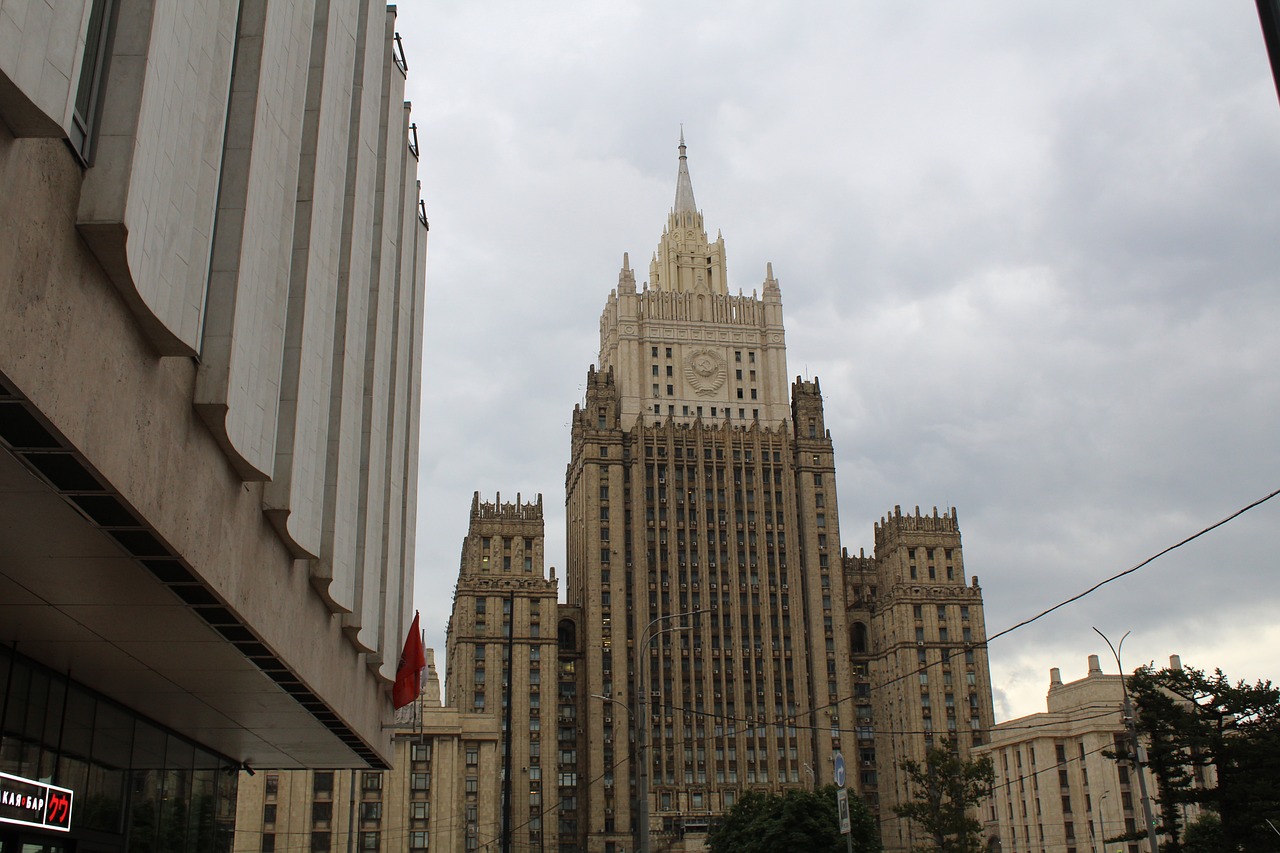
Foreign Policy and Alliances
When it comes to , Otto von Bismarck was a master strategist, skillfully navigating the complex web of European politics during the late 19th century. Bismarck's diplomatic acumen was instrumental in securing Germany's position on the world stage and maintaining a delicate balance of power.
One of Bismarck's key foreign policy initiatives was the formation of the Three Emperors' League, a strategic alliance between Germany, Austria-Hungary, and Russia aimed at preserving stability in Eastern Europe. This alliance allowed Bismarck to mitigate potential conflicts and maintain peace in the region.
In addition to the Three Emperors' League, Bismarck pursued a policy of isolation, seeking to keep France diplomatically isolated to prevent any potential threats to German security. This strategy, known as diplomatic isolation, was a cornerstone of Bismarck's foreign policy and helped safeguard Germany's interests.
Bismarck's diplomatic finesse was further demonstrated through his creation of the Dual Alliance with Austria-Hungary, a defensive pact aimed at countering the growing influence of France and Russia in Europe. This alliance bolstered Germany's position and ensured a united front against potential adversaries.
Furthermore, Bismarck's reinsurance treaties with Russia were pivotal in maintaining a delicate balance of power in Europe. These agreements aimed to prevent a two-front war for Germany by securing Russia's neutrality in the event of a conflict, thus safeguarding Germany's eastern borders.
Overall, Bismarck's foreign policy initiatives were characterized by a shrewd understanding of power dynamics and a commitment to preserving Germany's security and interests in a rapidly changing geopolitical landscape. His strategic alliances and diplomatic maneuvers laid the foundation for Germany's emergence as a major European power and left a lasting impact on the course of European history.

Downfall and Legacy
As we delve into the of Otto von Bismarck, we uncover the intricate web of events that led to the eventual decline of the Iron Chancellor's power and influence. Bismarck's downfall can be attributed to a combination of factors, including conflicts with the new German Emperor, Wilhelm II, who sought to assert his own authority and implement his vision for the country.
One of the key turning points in Bismarck's downfall was his dismissal by Wilhelm II in 1890. The Emperor's decision to remove Bismarck from office marked the end of an era and signaled a shift in German politics. Despite his immense contributions to the unification and consolidation of Germany, Bismarck's authoritarian methods and conservative policies had started to clash with the changing dynamics of the time.
Following his resignation, Bismarck retreated into retirement, reflecting on his legacy and the impact of his actions on the course of European history. His legacy, however, endured long after his departure from the political stage. Bismarck's legacy as the architect of a unified Germany and a master of realpolitik continues to shape the geopolitical landscape of Europe to this day.
Although Bismarck faced challenges and ultimately experienced a downfall, his strategic brilliance and political acumen left an indelible mark on the history of Germany and the world. His legacy serves as a reminder of the complexities of power, diplomacy, and leadership, showcasing both the heights of success and the pitfalls of hubris.
Frequently Asked Questions
- What was Bismarck's role in the unification of Germany?
Bismarck played a pivotal role in the unification of Germany through his skillful diplomacy and strategic military actions. He orchestrated a series of wars and alliances that ultimately led to the creation of a unified German state in 1871.
- What is Realpolitik and how did Bismarck apply it?
Realpolitik is a pragmatic approach to governance that prioritizes practical considerations over ideological beliefs. Bismarck embraced Realpolitik in his policies, focusing on achieving tangible goals and maintaining power through calculated decisions rather than abstract principles.
- What were some of Bismarck's domestic reforms?
Bismarck implemented various domestic reforms during his tenure, including the establishment of social welfare programs to improve the lives of German citizens and the introduction of anti-socialist legislation to suppress dissent and maintain stability within the country.
- How did Bismarck's foreign policy shape Europe?
Bismarck's foreign policy was characterized by his adept diplomatic strategies and alliances with other European powers to maintain a balance of power on the continent. His efforts helped prevent major conflicts and shaped the political landscape of modern Europe.
- What led to Bismarck's downfall and what is his legacy?
Bismarck's resignation was prompted by conflicts with Emperor Wilhelm II and disagreements over policy decisions. Despite his downfall, Bismarck left a lasting legacy as the architect of German unification and a key figure in European history, influencing generations of leaders to come.















